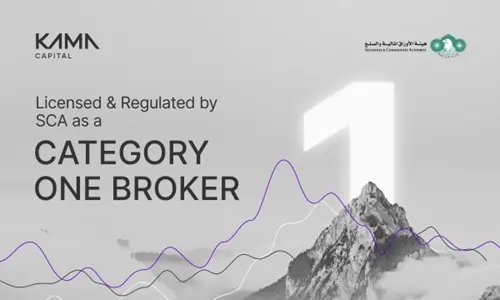Reaching net zero requires fundamental change – and an accountant or two
Published by Jessica Weisman-Pitts
Posted on February 1, 2022
4 min readLast updated: January 28, 2026

Published by Jessica Weisman-Pitts
Posted on February 1, 2022
4 min readLast updated: January 28, 2026

Businesses must adopt strategic changes and utilize accountants to achieve net zero, leveraging tax incentives and sustainability certifications.
 By Andrew Oury, Partner at Oury Clark
By Andrew Oury, Partner at Oury Clark
Businesses globally continue to make commitments to net zero; in the UK 34% of CEOs say they have made such a commitment. However, research by YouGov found that less than a third of UK businesses have a strategy to reach this goal. This is perhaps not surprising considering the UK Government has even been taken to court over its net zero strategy, which Friends of the Earth argue ‘needs to include real-world policies that ensure it succeeds’.
But the road to net zero is paved with questions. How do companies calculate their carbon footprint? While there are a few tools out there, the lack of thoroughness or standardized methods is causing much confusion. How does a company go about carbon offsetting? Well, how much CO2 can a tree absorb? Maybe somewhere around 250kg per year is a good guess but we’re still not totally sure.
To understand how to mitigate your carbon footprint you first need to know how big it is. This requires systematically going through your entire business, which means a large investment in terms of time, resources and (apologies) almost certainly accountants and auditors. For most businesses this process requires a big shift in strategy and approach.
And time is of the essence. There are already some tax structures in place to help push businesses towards net zero; an array of levies including the Climate Change Levy (a tax collected by energy suppliers and paid by businesses and the public sector to encourage them to become more energy-efficient); and the aggregates Levy (to encourage the use of recycled materials over the extraction of rock, sand and gravel which can damage the environment). The Landfill Tax also helps to divert waste from landfill to less harmful methods of waste management.
But if the levies are the stick, then don’t worry, carrots are available. Carbon Price Support is in place to incentivise electricity generators to invest in low-carbon electricity by increasing the cost of fossil fuels. You can also claim ‘enhanced capital allowances’ (a type of first year allowances, which is in addition to the Annual Investment Allowance) for:
Even further, there are grants available from Innovate UK – targeted at companies developing technology for sustainable purposes, and The Sustainable Innovation Fund – to help stimulate clean growth recovery in light of COVID-19 across all the sectors of the UK economy. Even one to create woodland and plant trees.
As far as auditing goes, B Corps are increasingly finding favor with companies looking to demonstrate sustainability commitments. Certification requires a business to meet high standards of verified performance, accountability, and transparency on everything from supply chain practices to charitable giving.
Lastly for those in Scotland, Scottish businesses can access interest-free green loans up to £100k to help pay for energy and carbon-saving upgrades and potentially a cashback grant of up to £20k, they can also apply for the Low Carbon Transport Business Loan which offers up to £120,000 interest-free to help reduce the carbon impact and fuel costs of their transport arrangements through the purchase of new, more efficient vehicles.
A report by McKinsey has said that reaching net zero climate emissions by 2050 will require a “fundamental transformation of the global economy” and perhaps the best place to start is transforming how we ask UK companies to calculate and offset their carbon. With all the tax breaks and auditors in the world, businesses still need clarity from the very top – and before it’s too late.
The article discusses the need for strategic changes and the role of accountants in helping businesses achieve net zero emissions.
Businesses need to conduct thorough audits and use standardized methods to accurately calculate their carbon footprint.
There are various tax incentives, grants, and loans available to support businesses in their sustainability efforts.
Explore more articles in the Business category











